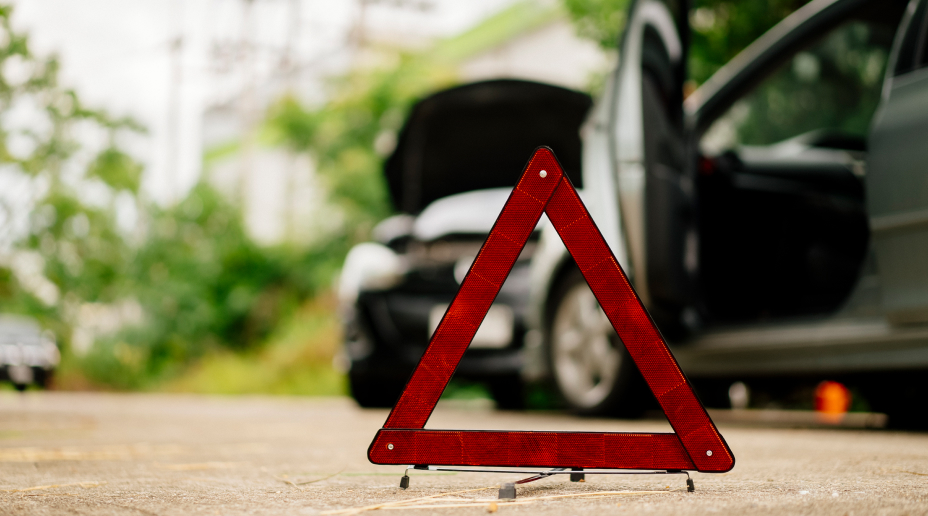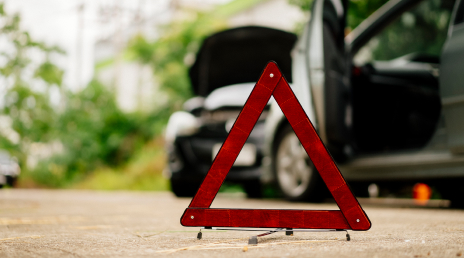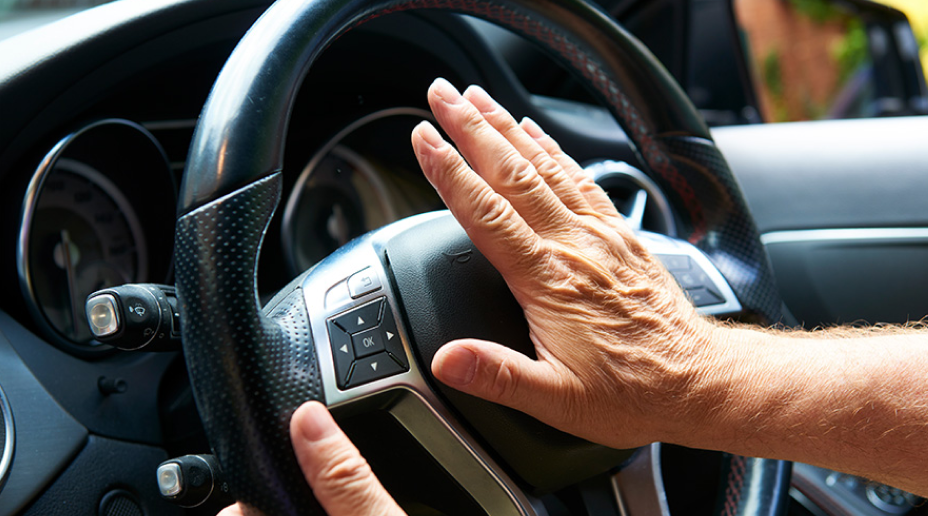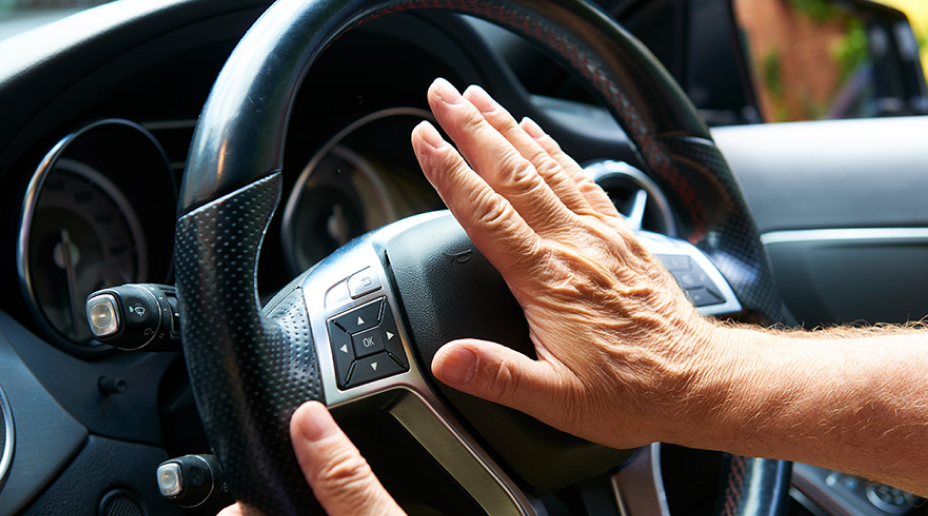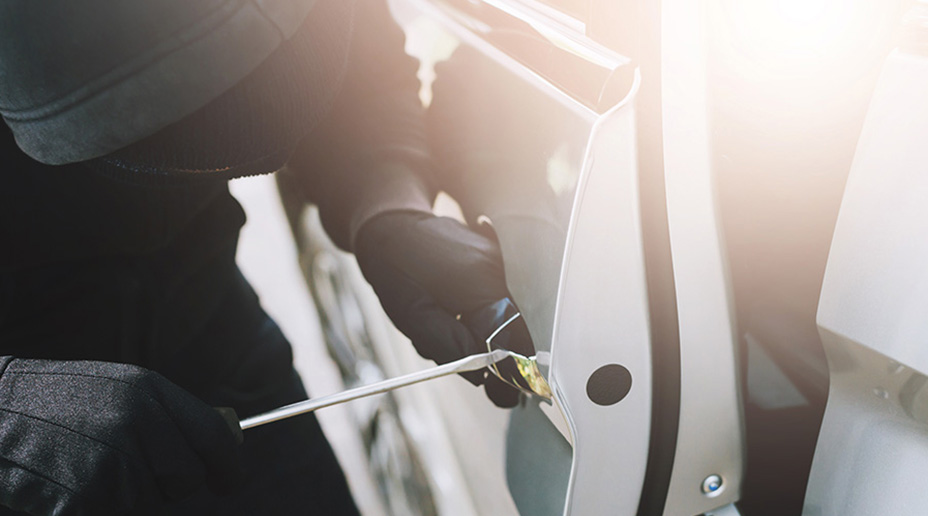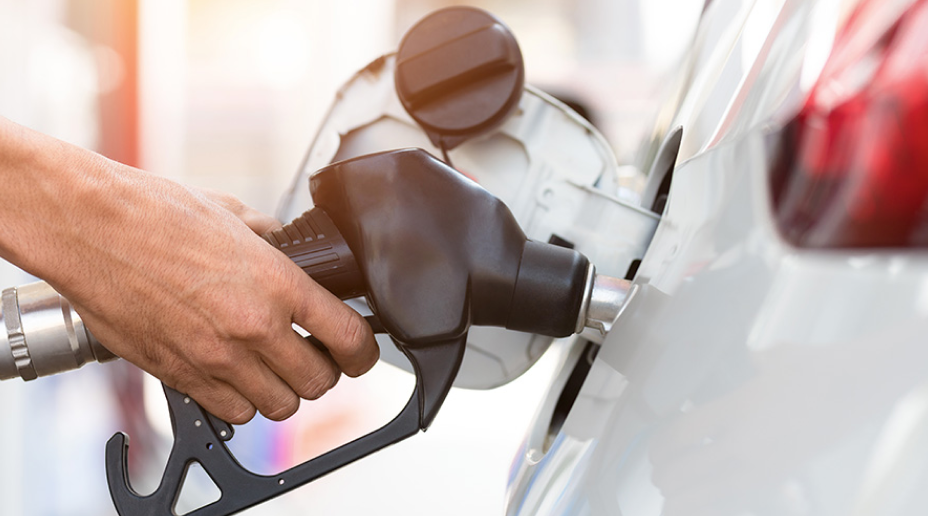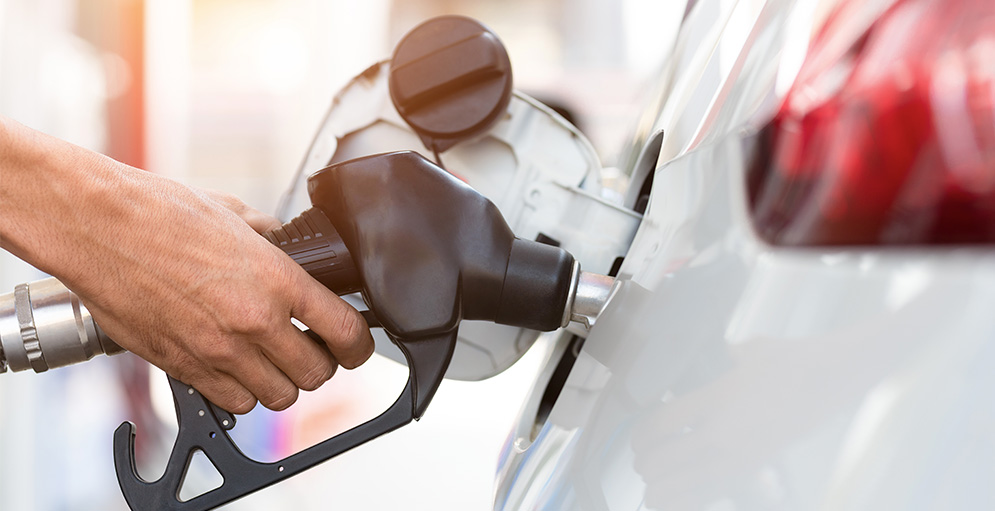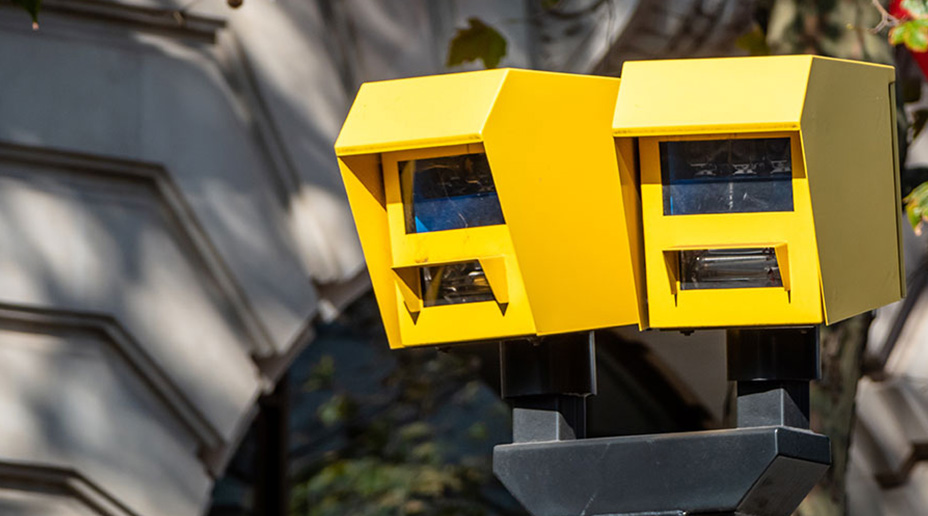What does the ban on the sale of petrol and diesel cars mean for me?
Will the 2035 ban on fuel cars go ahead?
As the world turns its attention towards more sustainable, environmentally friendly solutions in all aspects of life, a transformative step in this journey is the ambitious plan to ban the sale of petrol and diesel cars by 2035. With question marks surrounding the ban, let's take a look at what it could mean for you...
This move aims to accelerate (excuse the pun) the transition to cleaner, more eco-friendly transport options, to help reduce greenhouse gas emissions.
In this article, we’ll take a look at the rationale behind this decision and the potential benefits it holds for the future of our planet…
The UK government has set a target of reducing emissions by 78% by 2035 and the move towards cleaner transport is a way to help reach that goal …

Do I have to buy an electric car in 2035?
Can I still drive a petrol or diesel car after 2035?
Yes. Although, there will more ultra-low emissions (ULEZ) zones across the UK, meaning you’ll be charged to drive a fuel car on the roads.
Can I drive a hybrid car after 2035?
Yes. Hybrids will remain in circulation for a little while longer than petrol and diesel cars, but the government is looking to phase these out from 2035. After this, only new electric cars will be on the market to be sold.
How much do electric vehicles cost?
The cost of buying an electric car can vary depending on the make, model, age and type of purchase (e.g. bought, financed, second-hand or leased), but as the market expands, there are more electric car and hybrid options than ever.
How will the ban on fuel cars help the environment?
Well, transportation - particularly the usage of fossil fuel-powered vehicles - has been a major contributor to greenhouse gas emissions and air pollution for years.
In a nutshell, petrol and diesel cars release substantial amounts of carbon dioxide (CO2), along with other harmful pollutants such as nitrogen oxides (NOx) and particulate matter (PM). These emissions add to climate change, leading to rising global temperatures, extreme weather events, and adverse effects on ecosystems.
So, by banning the sale of petrol and diesel cars in 2030, governments are taking a proactive stance to address these environmental concerns and making strides towards meeting global climate targets and creating cleaner air for us all to breathe.
What does the ban mean for technology advances?
So, as demand for electric cars manufacturing costs will likely reduce - making EVs more accessible to the general public.
Flexible car insurance for electric vehicles













